A fossil was found in Montana in 1942 and has caused a debate ever since regarding what species of dinosaur it is.
It was long called a “toddler T. rex,” but according to a new study, it is a completely different species, which could cost a fossil owner millions.
What Led Them to Incorrectly Identify This?
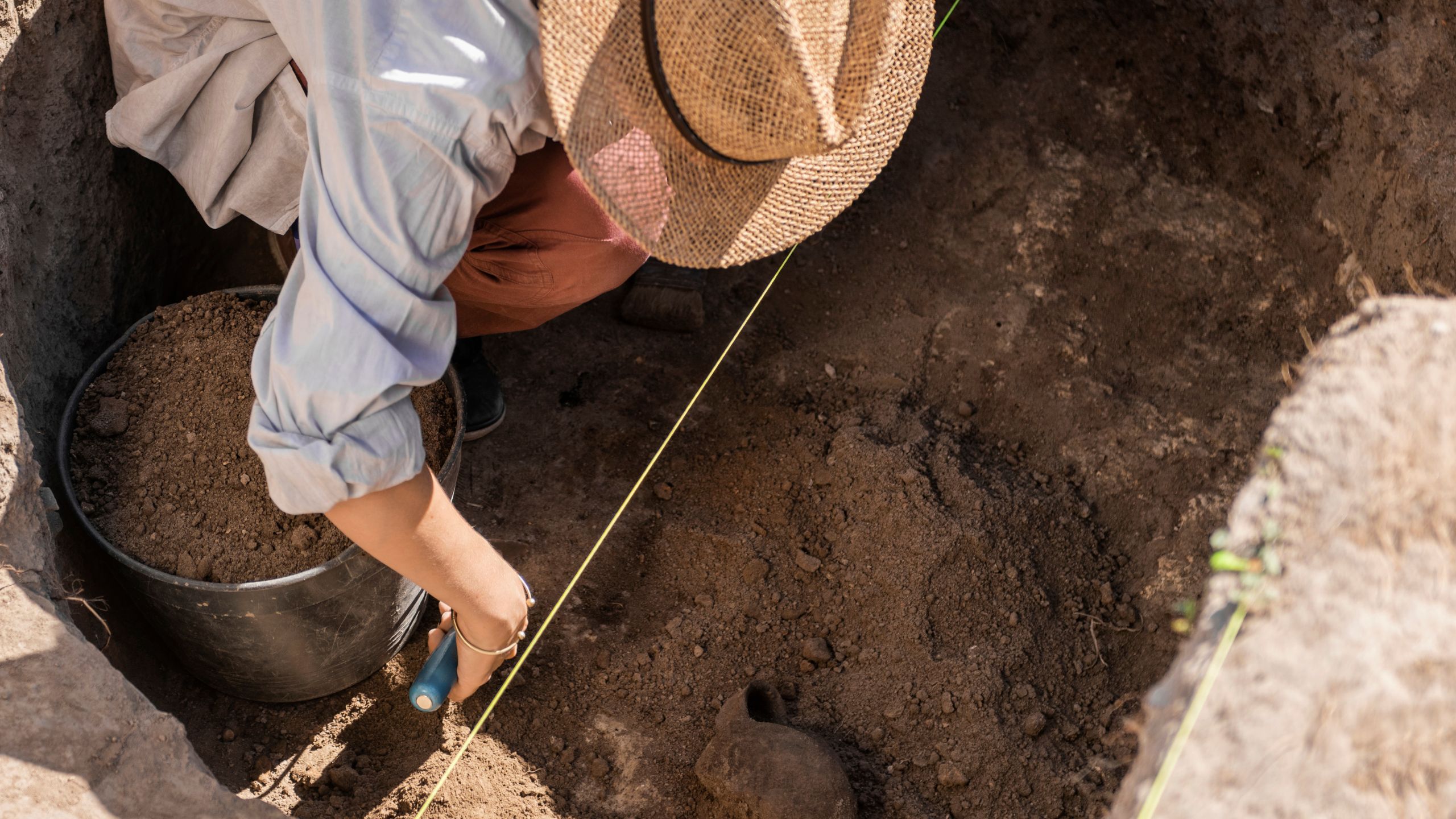
The elements that led them to misclassify this dinosaur initially were its small size, which led them to believe it could be a baby T. rex.
We know now this turned out not to be true, although the size of the dinosaur fossil likely made this very difficult to disprove initially.
After Further Investigation, New Clues Surface
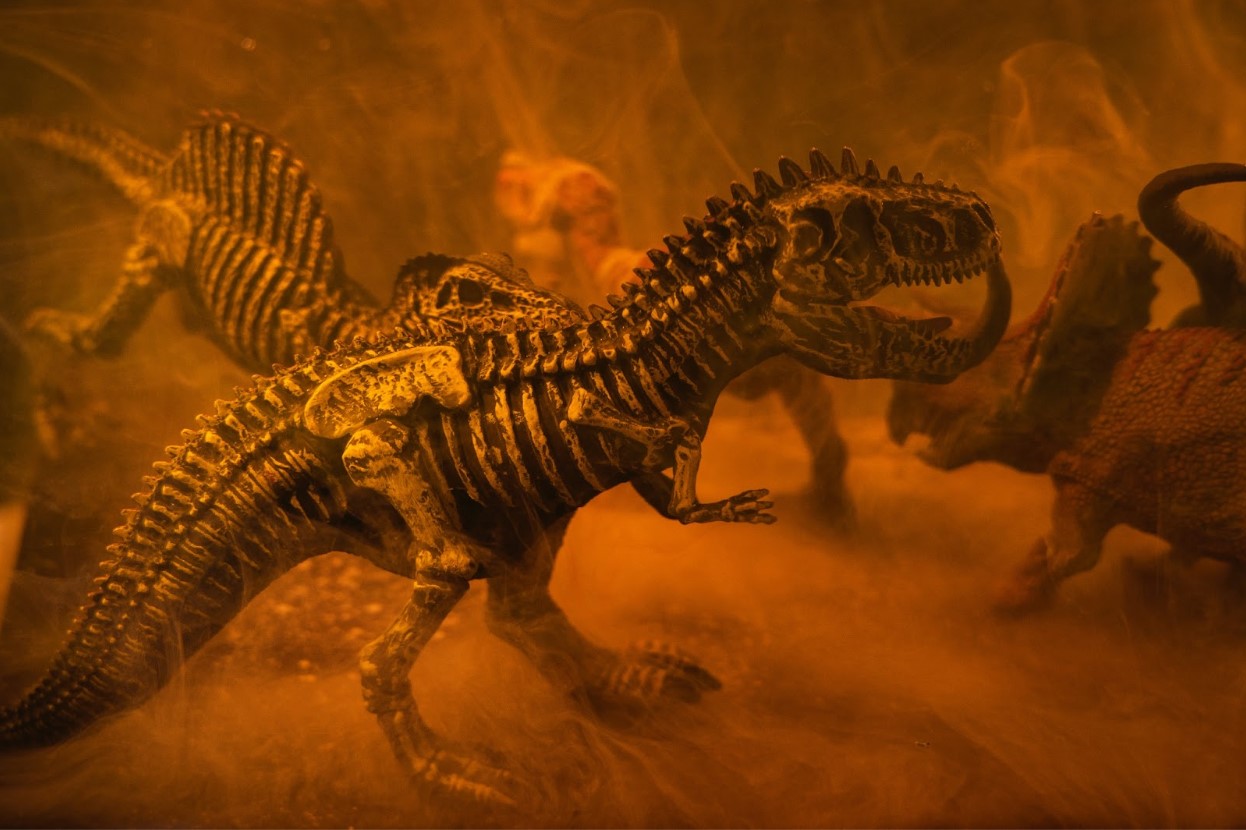
Researchers and paleontologists Nicholas Longrich and Evan Saitta studied the fossil again and published their findings in Fossil Studies.
Upon further investigation, they saw growth rings that looked like a tree, and this gave them a hint as to what species this actually was.
The Fossil Was Found to Be an Almost Fully Grown Dinosaur, Not a Baby
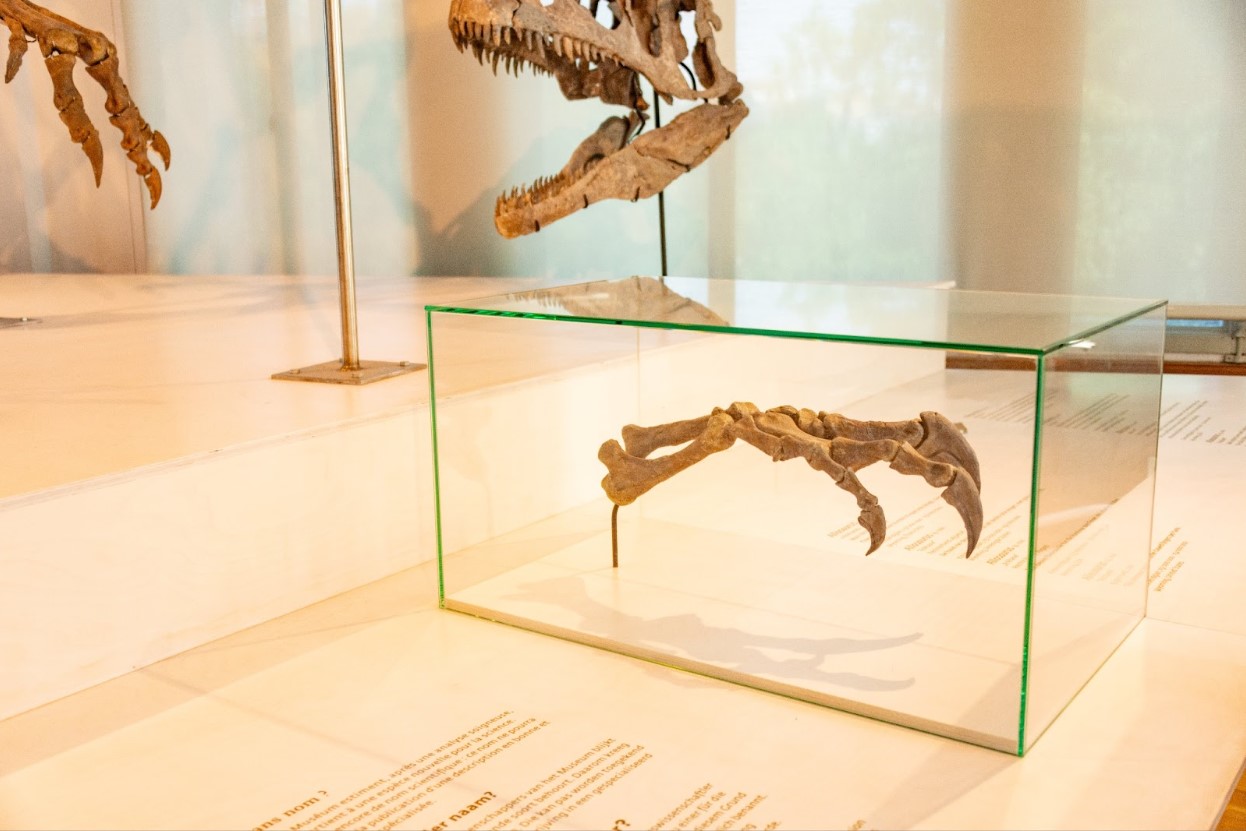
The rings were close together on the outer part of the bone, which means the growth of the dinosaur was slowing down.
This led the researchers to believe that the species was almost fully grown, meaning it would’ve only grown to be about 5 meters tall and up to 1,500 kilograms in weight at the most.
T. Rex Will Grow Twice the Size of This Fossil
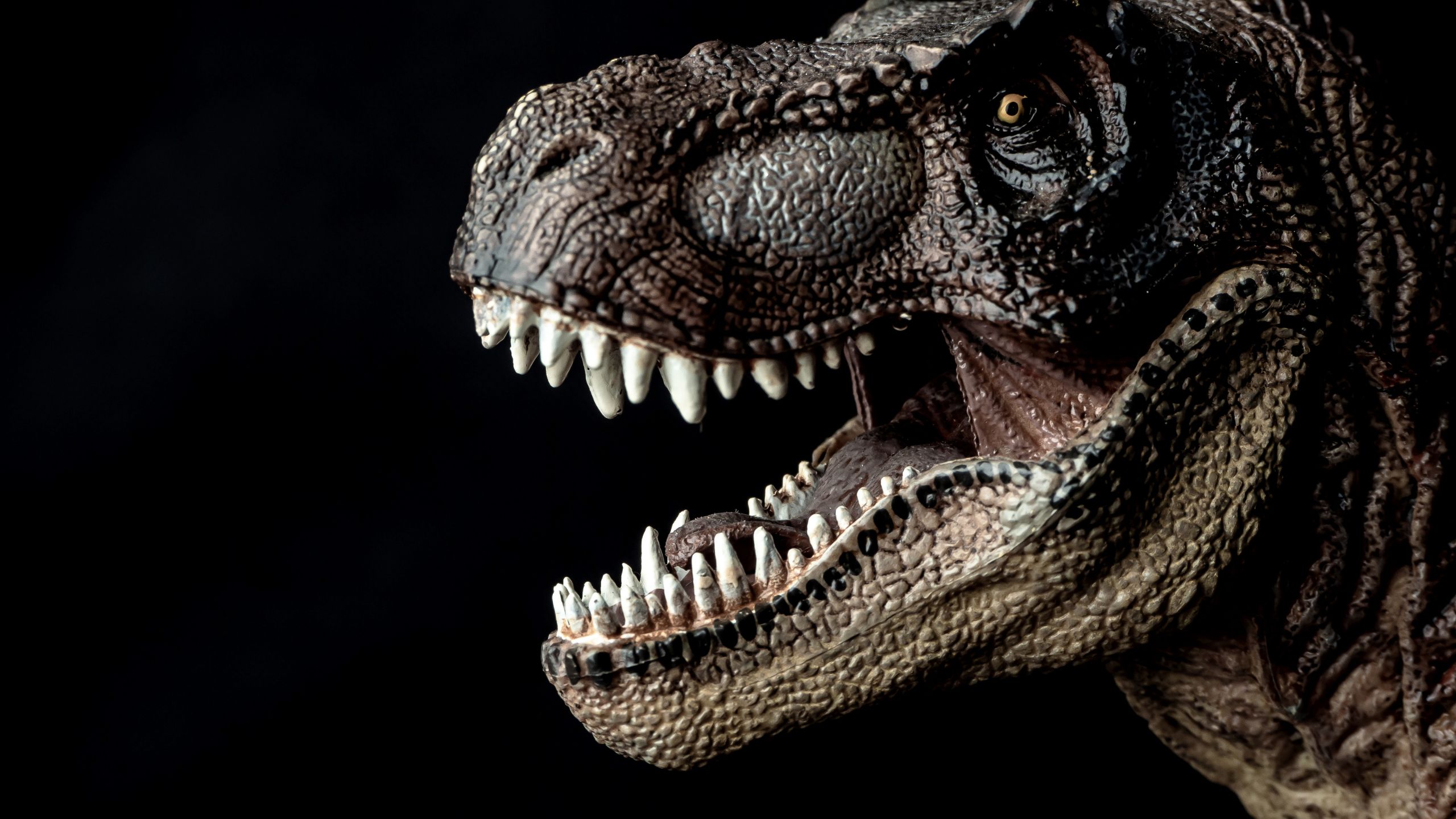
Longrich and Saitta knew it couldn’t be a T. rex because they grow up to 9 meters tall and up to 8,000 kilograms.
From this, they concluded it was not a baby T. rex, but in fact, a completely different species.
The Results Were Quite Obvious That This Was Not a T. Rex
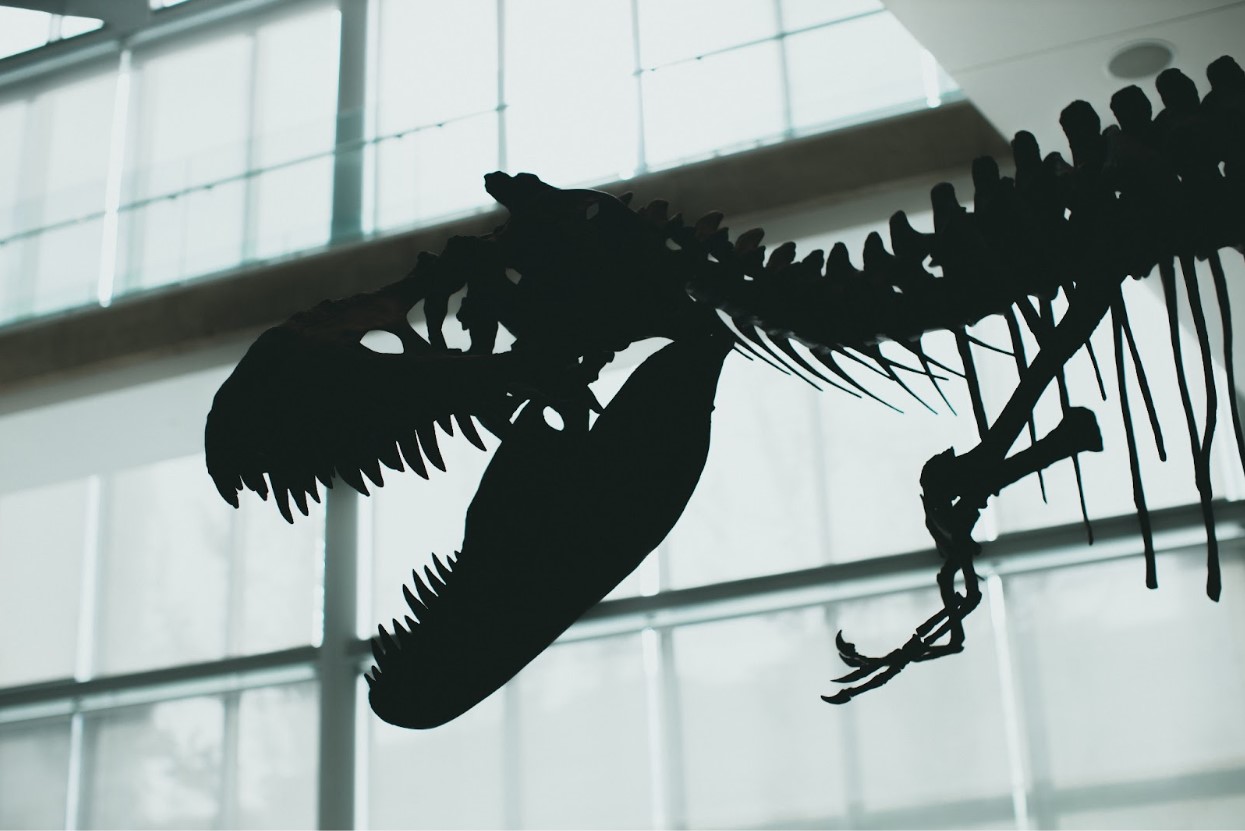
“When I saw these results, I was pretty blown away,” Longrich said in a statement. “I didn’t expect it to be quite so conclusive.”
“If they were young T. rex, they should be growing like crazy, putting on hundreds of kilograms a year, but we’re not seeing that,” Longrich continued.
Toddler T. Rex Theory Debunked
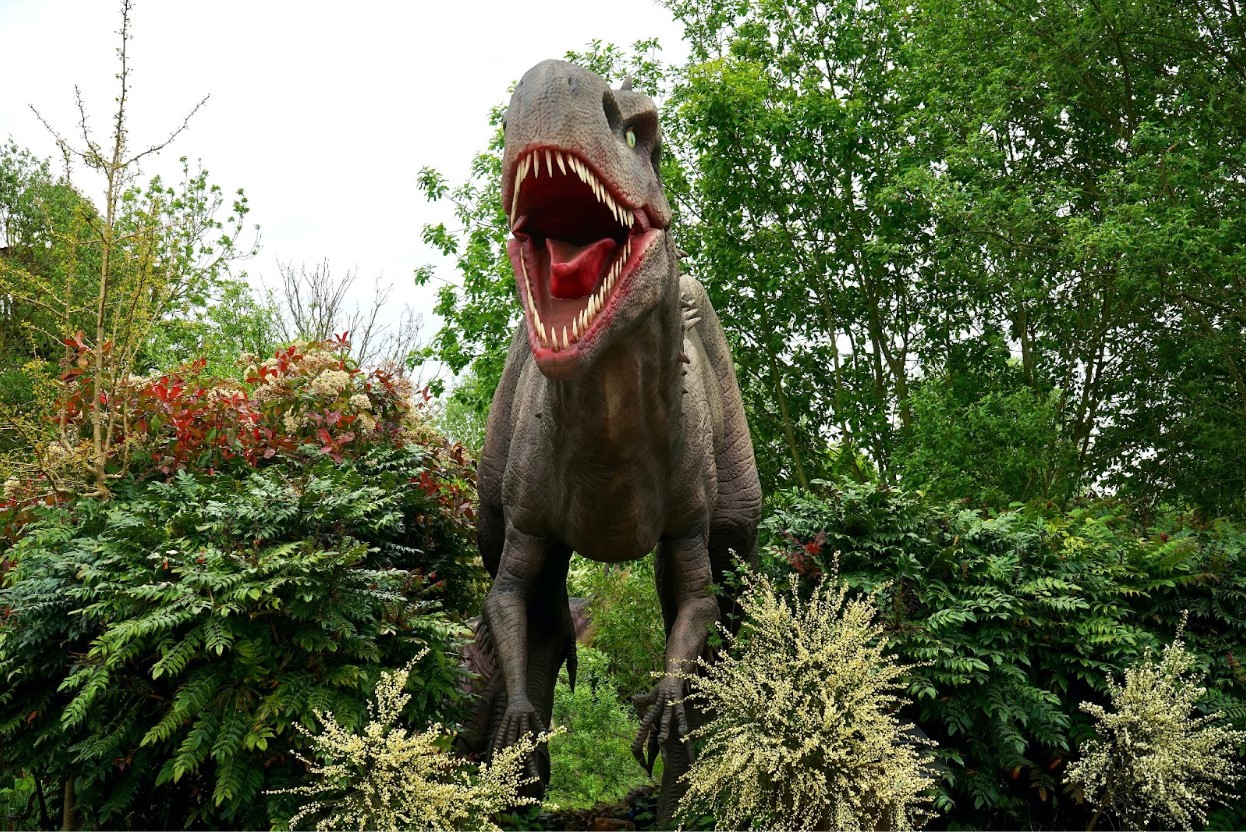
They tried running the data in many different ways and kept getting a low growth rate.
This brought them to the conclusion that the theory of this being a young T. rex fossil was incorrect.
Nanotyrannus Was Made for Speed, Not Strength
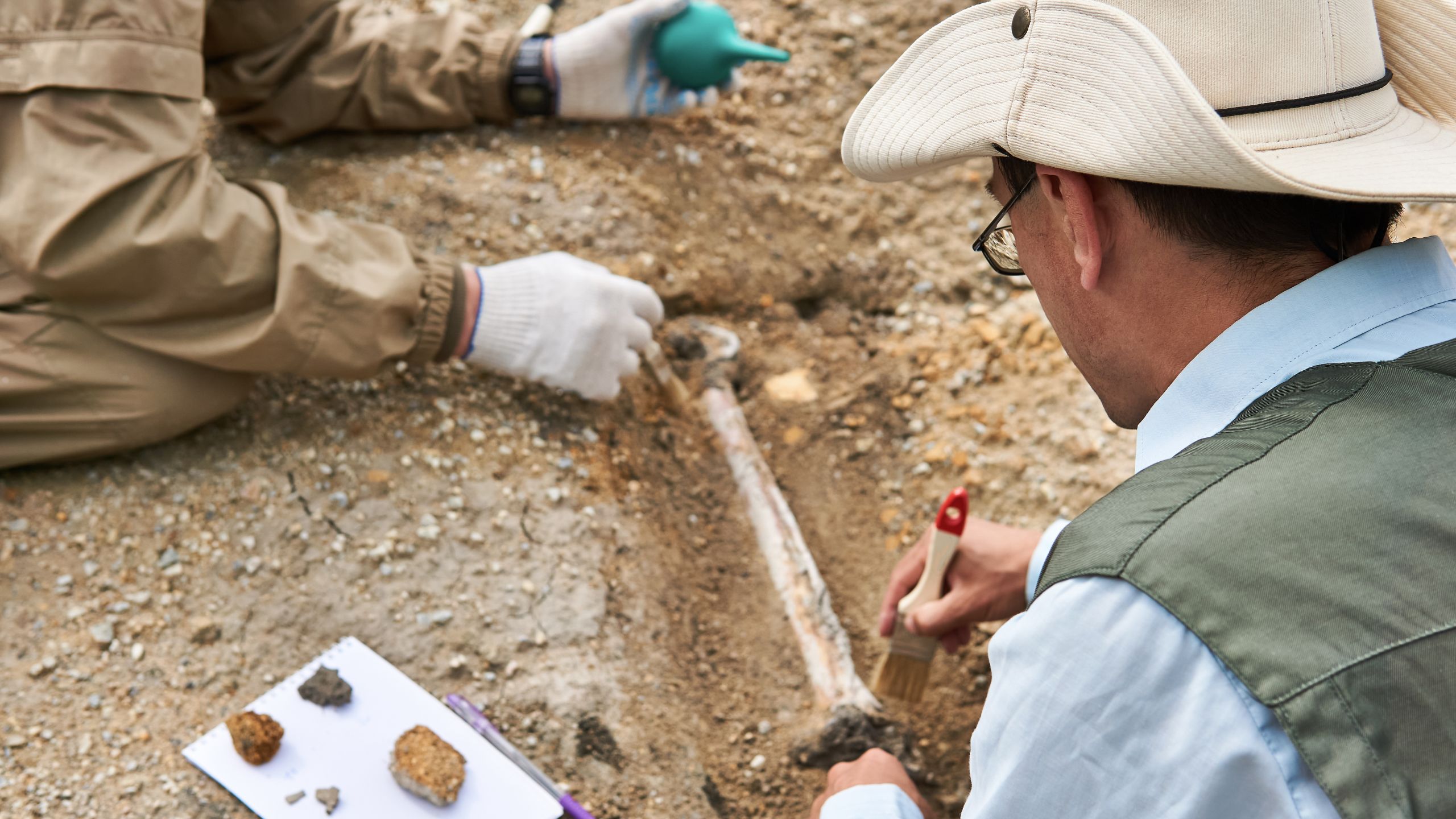
Their finding “strongly supports recognition of Nanotyrannus as a distinct species,” per the study.
“The arms are actually longer than those of T. rex,” the researchers said. They added, “It’s really just a completely different animal — small, fast, agile. T. rex relied on size and strength, but this animal relied on speed.”
Toddler T. Rex on Sale at London Auction House
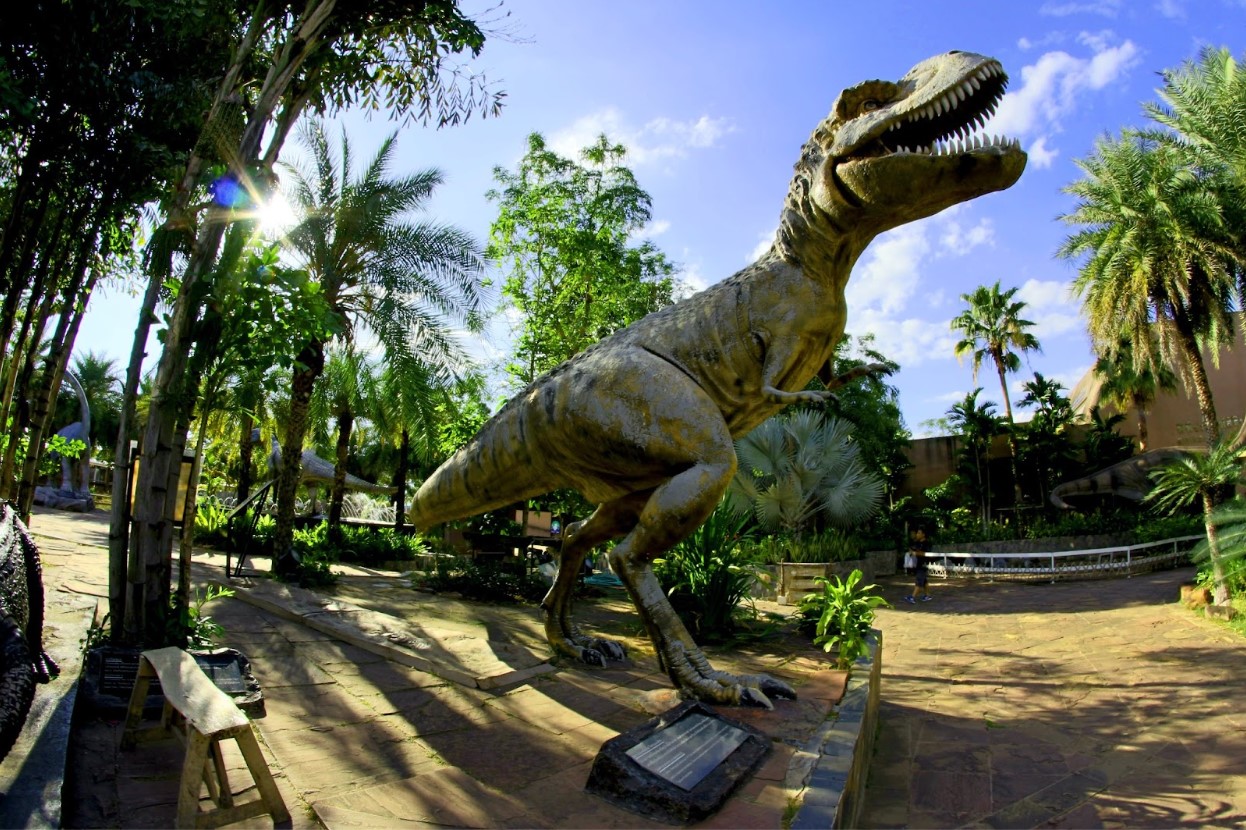
The findings come at an interesting time, especially if paleontologists are in agreement that the Nanotyrannus is a separate species from the Tyrannosaurus.
The David Aaron gallery in London is currently offering a “rare juvenile Tyrannosaurus rex skeleton” for sale at an estimated $20 million. The dinosaur is nicknamed “Chomper.”
Is a Nanotyrannus Worth the Same as a Toddler T. Rex?
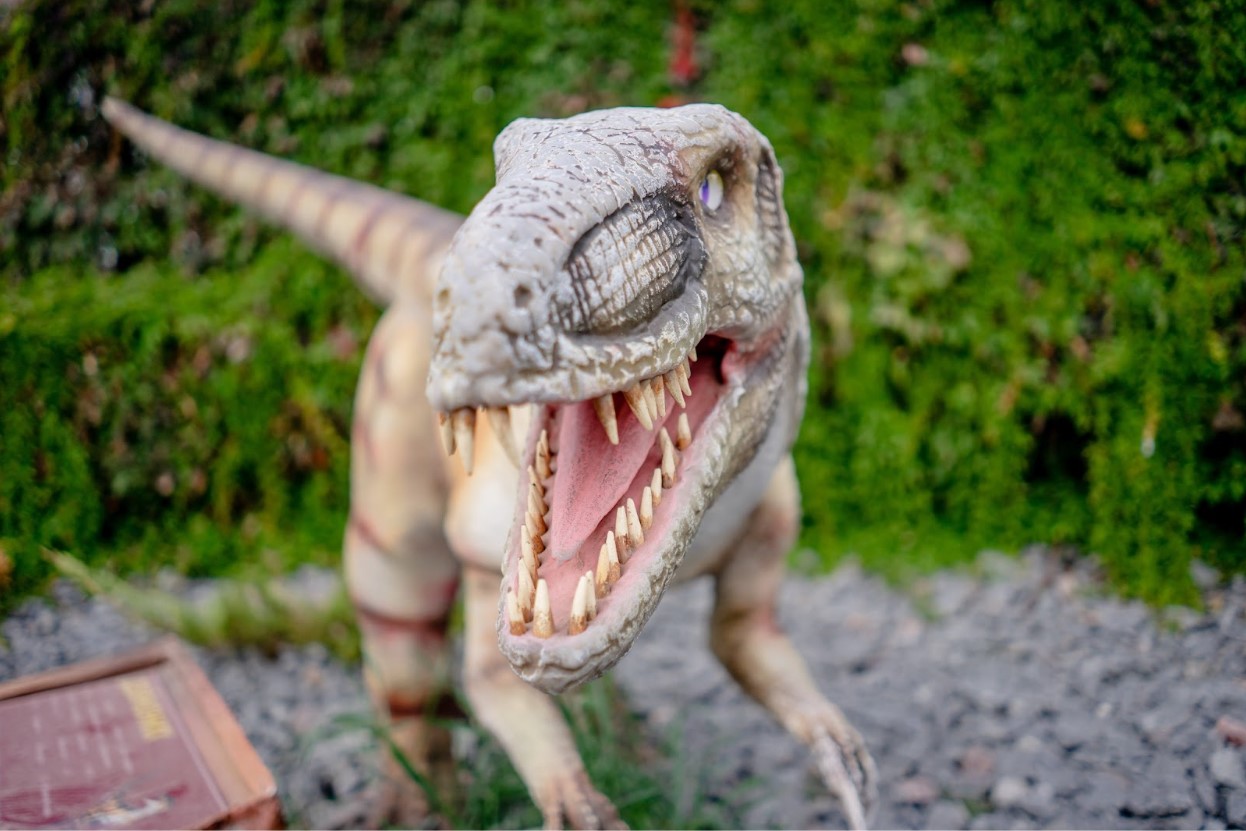
It is unsure if it will be academically decided that these are two different species or if the Nanotyrannus will be deemed a relative to the Tyrannosaurus.
Both outcomes could potentially change the price point of this rare fossil, especially since there are only a handful of certified “baby” T. rex fossils (per Canadian Broadcasting Corp.).
The Fossil Nicknamed ‘Chomper’ Is Up for Sale

Chomper, which was discovered in Garfield County, Montana, in 2019, is currently on display at the gallery.
“I don’t think it had any impact on price because, in either respect, it is a magnificently complete, beautifully preserved and extremely rare specimen,” Salomon Aaron, a director of the gallery, told The New York Times.
Gallery Lands on Calling Chomper a Rare Juvenile Tyrannosaurus
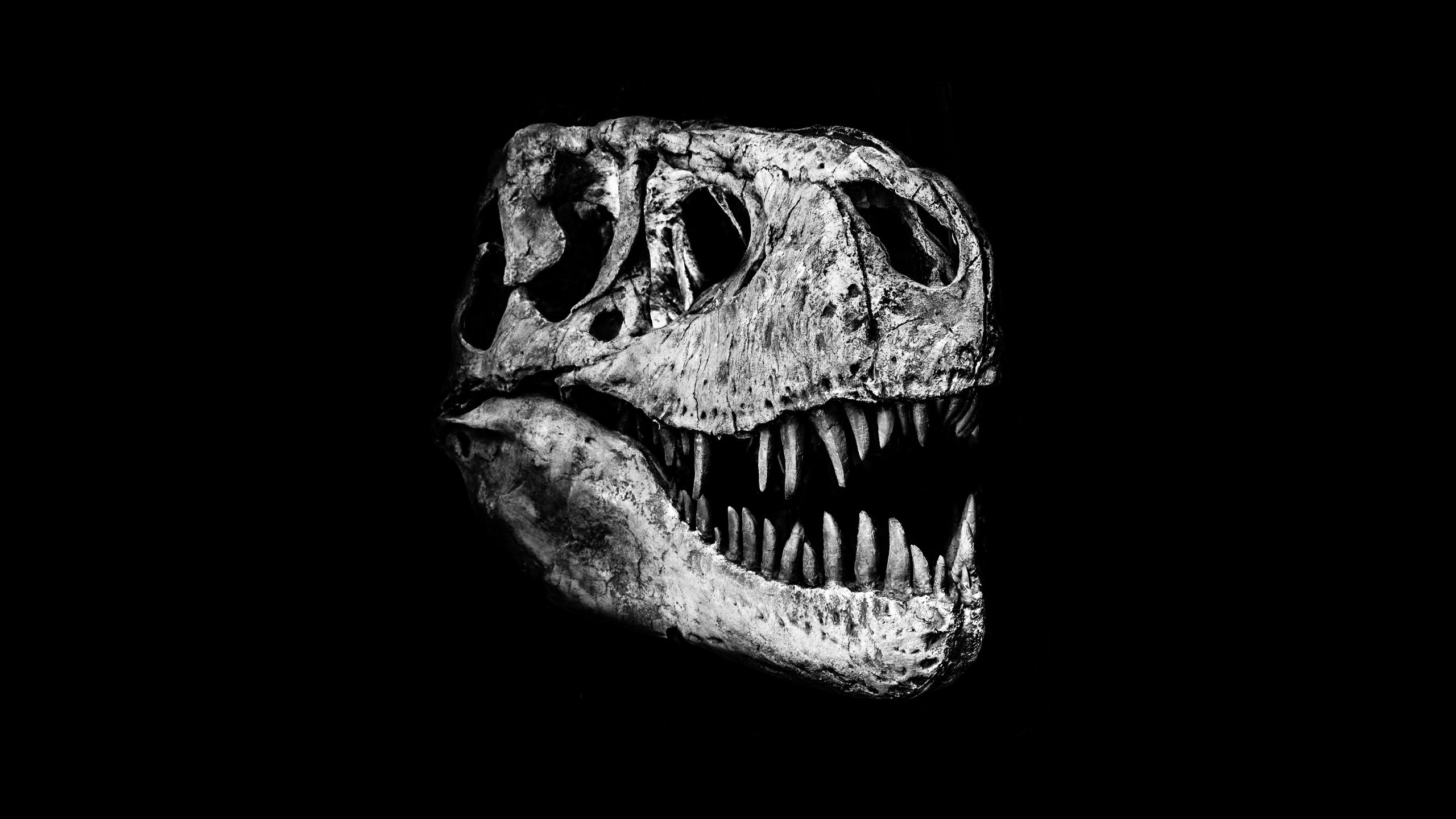
The David Aaron gallery pointed to research by Holly N. Woodward, who “refutes the pygmy ‘Nanotyrannus'” in her 2020 paper.
Also relying on osteohistology and observation of growth rings, Woodward’s paper concludes that their results “fail to support” the existence of Nanotyrannus. Looks like this tiny dino is still a matter of debate.
